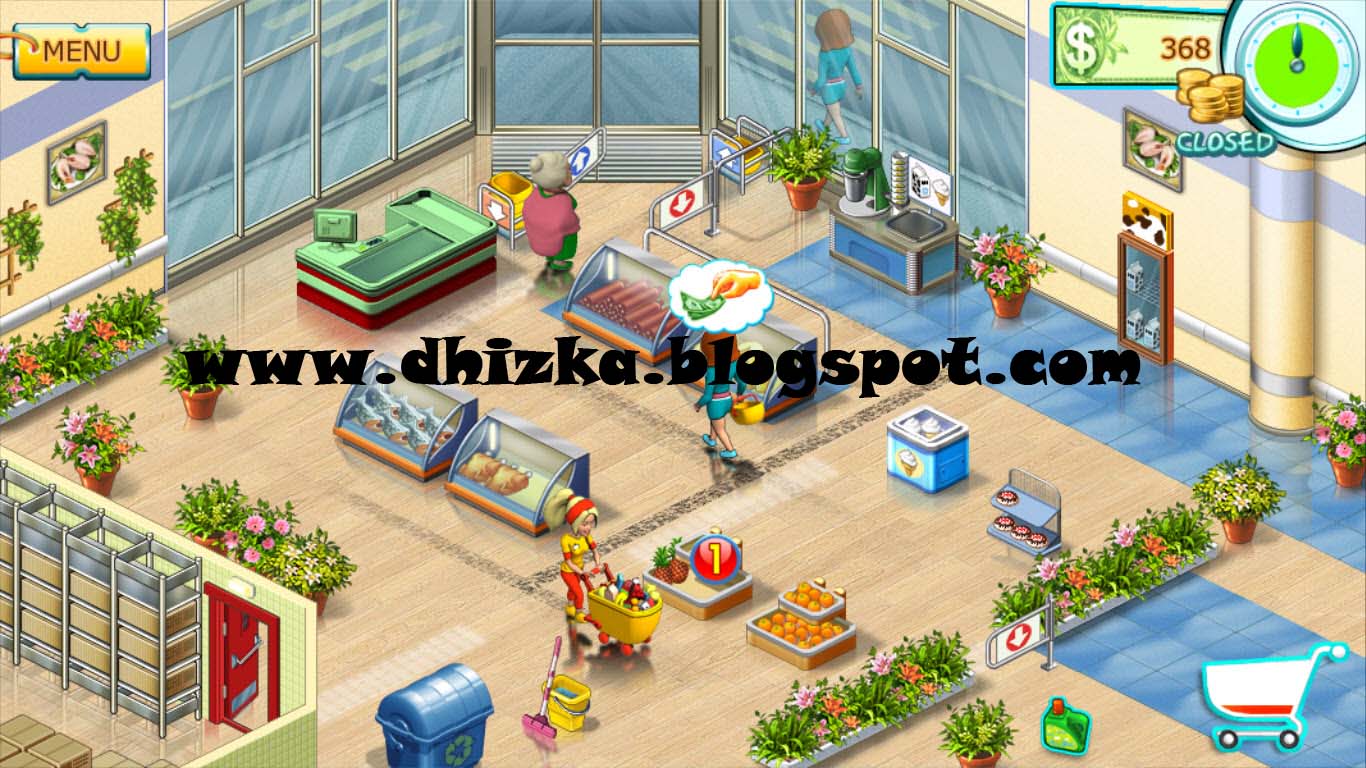

The Labor Department's consumer price index skyrocketed 9.1% in June from a year earlier, a pace not matched since 1981. That was the fastest calendar-year expansion since 1984, reflecting how vigorously the economy roared back from the brief but brutal pandemic recession of 2020.īut since then, the combination of mounting prices and higher borrowing costs have taken a toll. Thursday's first of three government estimates of GDP for the April-June quarter marks a drastic weakening from the 5.7% growth the economy achieved last year. But we're not yet seeing any meaningful impact in our forward-looking data," he said. "I think broad economic trends are clearly decelerating. Lots of vacations postponed, lots of weddings, social events postponed," Anthony Capuano, the CEO of Marriott International, told Spectrum News in an interview.Īsked whether Marriott is preparing for a recession, Capuano said they expect to see a "moderating" but "continued support for travel." "You continue to have deep pockets of pent-up leisure demand after two years of lockdown. The average daily rate of a hotel room is up 17% from the same period in 2019, according to hospitality data company STR. Many of them point, in particular, to a still-robust labor market, with 11 million job openings and an uncommonly low 3.6% unemployment rate, to suggest that a recession, if one does occur, is still a ways off.įor now, Americans are still spending in sectors like travel, where demand and goods has driven up the cost of flights and hotels.

The Fed is hoping to achieve a notoriously difficult "soft landing": An economic slowdown that manages to rein in rocketing prices without triggering a recession.įed Chair Jerome Powell and many economists have said that while the economy is showing some weakening, they doubt it's in recession. On Wednesday, the Federal Reserve raised its benchmark interest rate by a sizable three-quarters of a point for a second straight time in its push to conquer the worst inflation outbreak in four decades. Consumers and businesses have been struggling under the weight of punishing inflation and higher borrowing costs. Consecutive quarters of falling GDP constitute one informal, though not definitive, indicator of a recession. The decline that the Commerce Department reported Thursday in the gross domestic product - the broadest gauge of the economy - followed a 1.6% annual drop from January through March. The report comes at a critical time, as consumers and businesses have been struggling under the weight of punishing inflation and higher borrowing costs.Consecutive quarters of falling GDP constitute one informal, though not definitive, indicator of a recession.The decline in the gross domestic product - the broadest gauge of the economy - followed a 1.6% annual drop from January through March.economy shrank from April through June for a second straight quarter, contracting at a 0.9% annual pace and raising fears that the nation may be approaching a recession


 0 kommentar(er)
0 kommentar(er)
